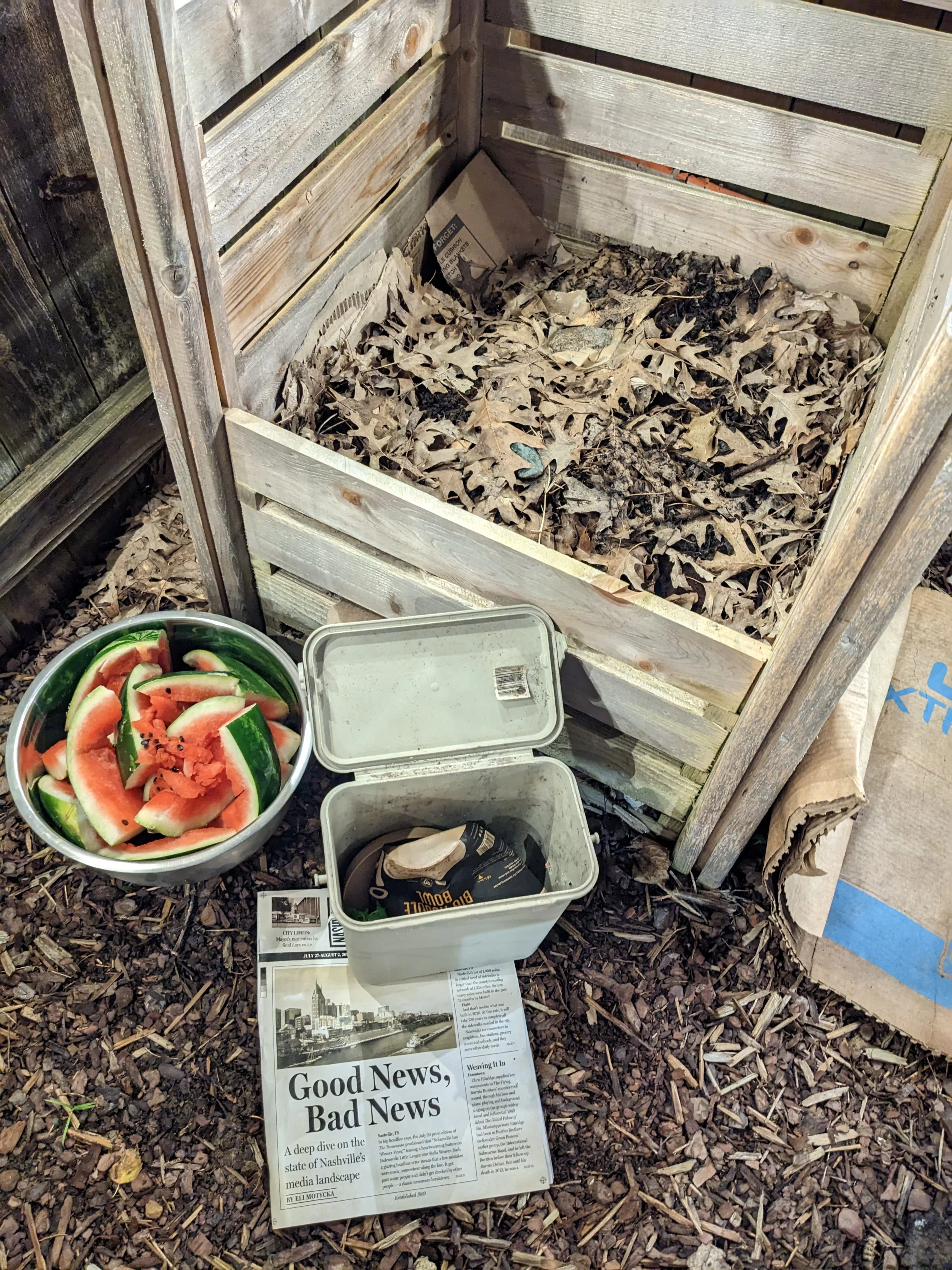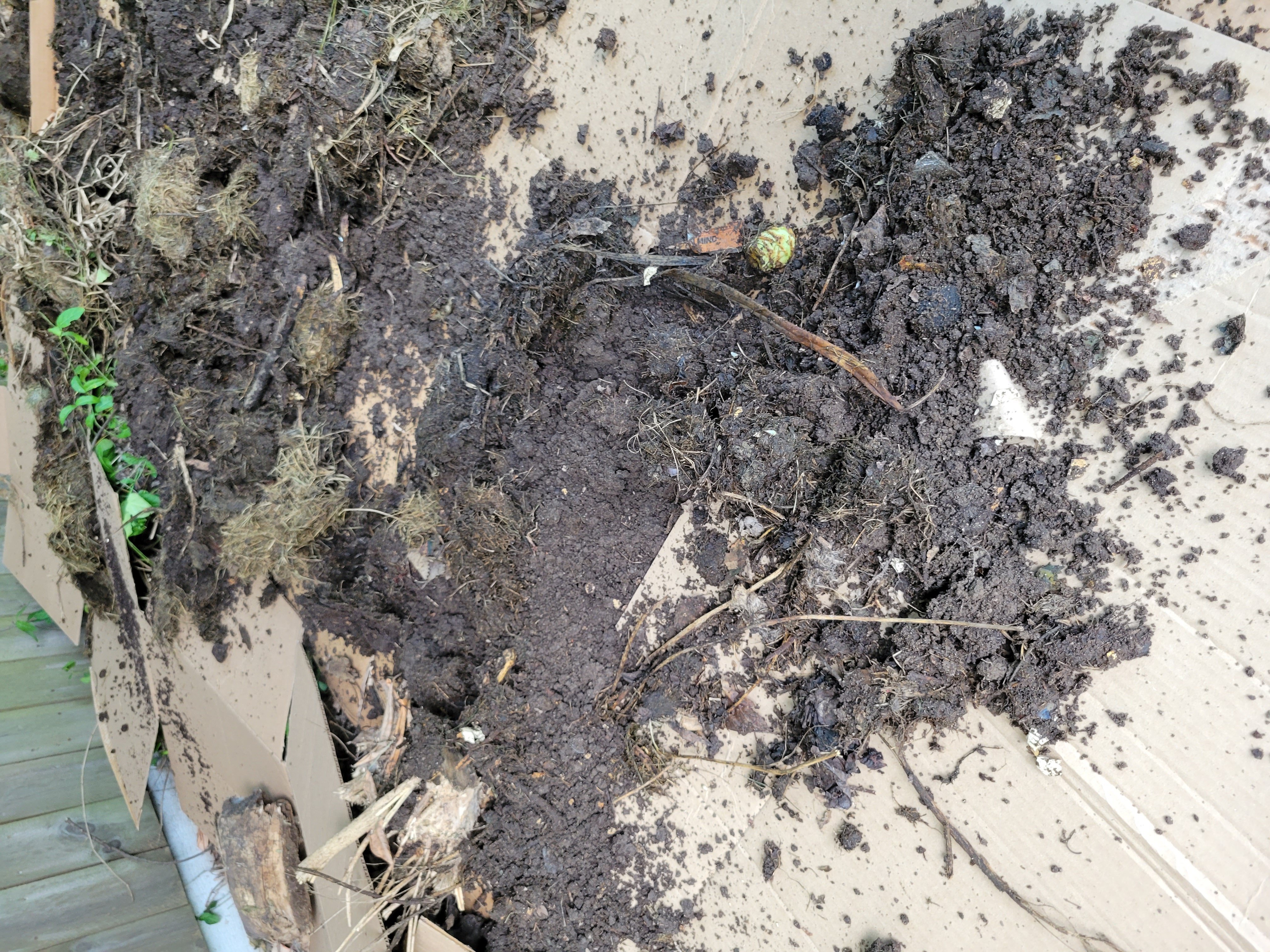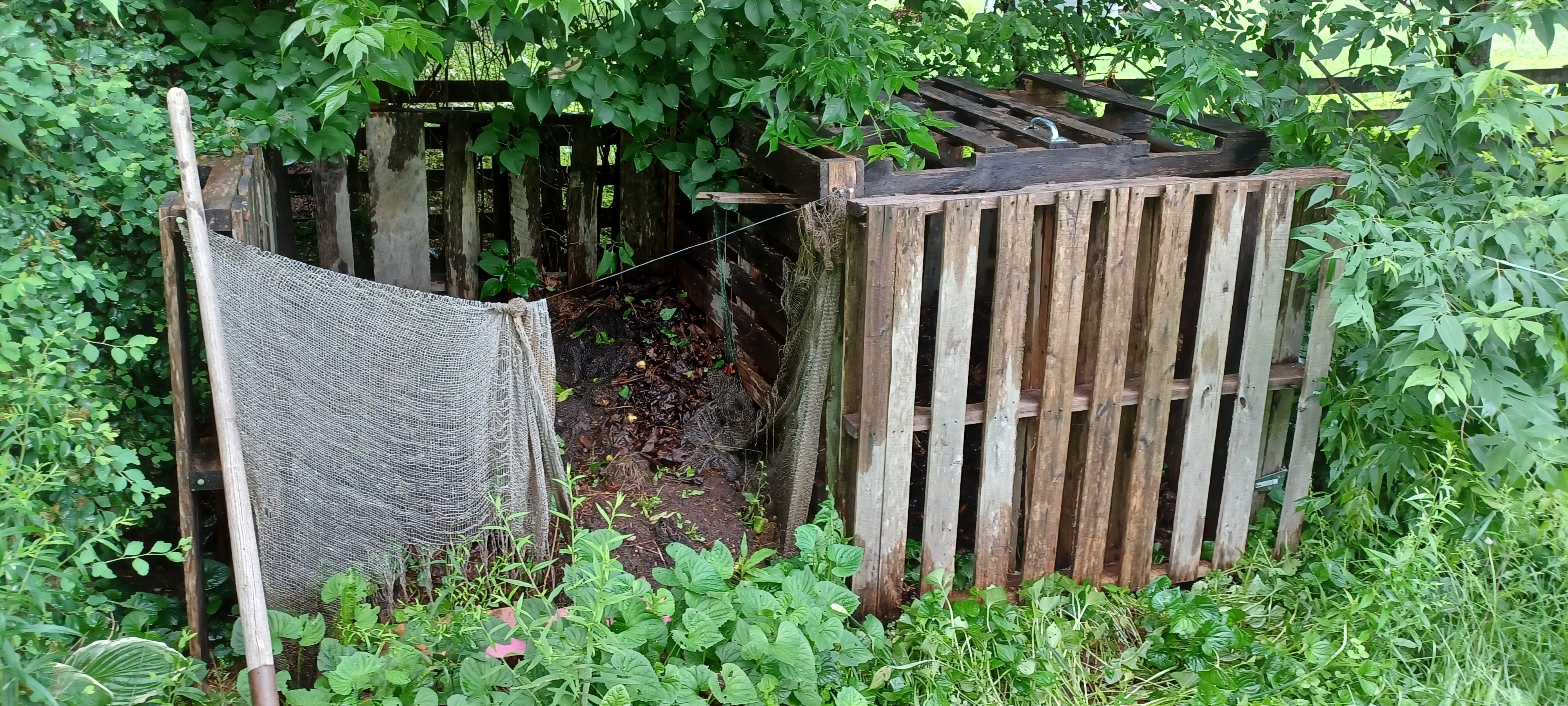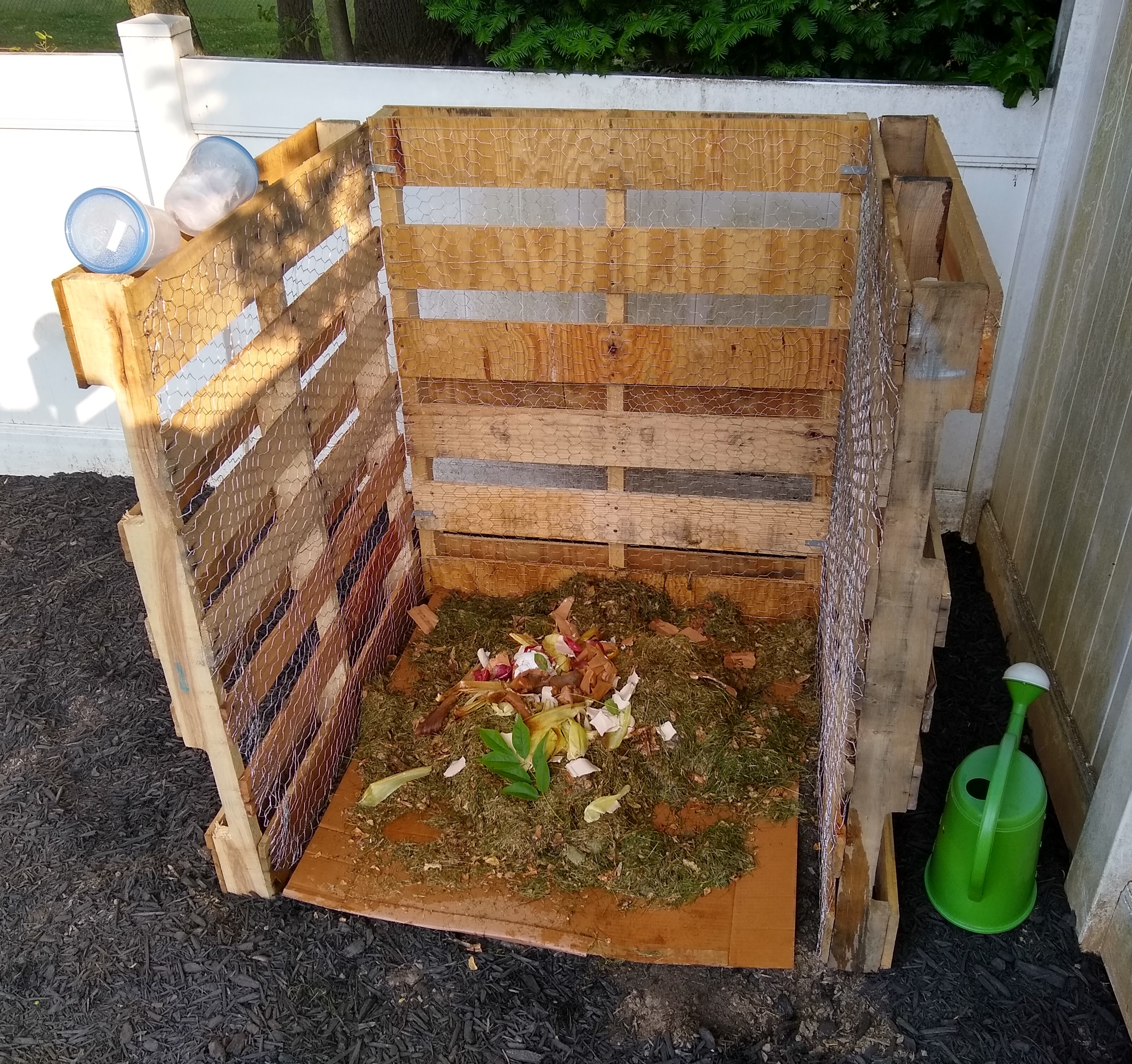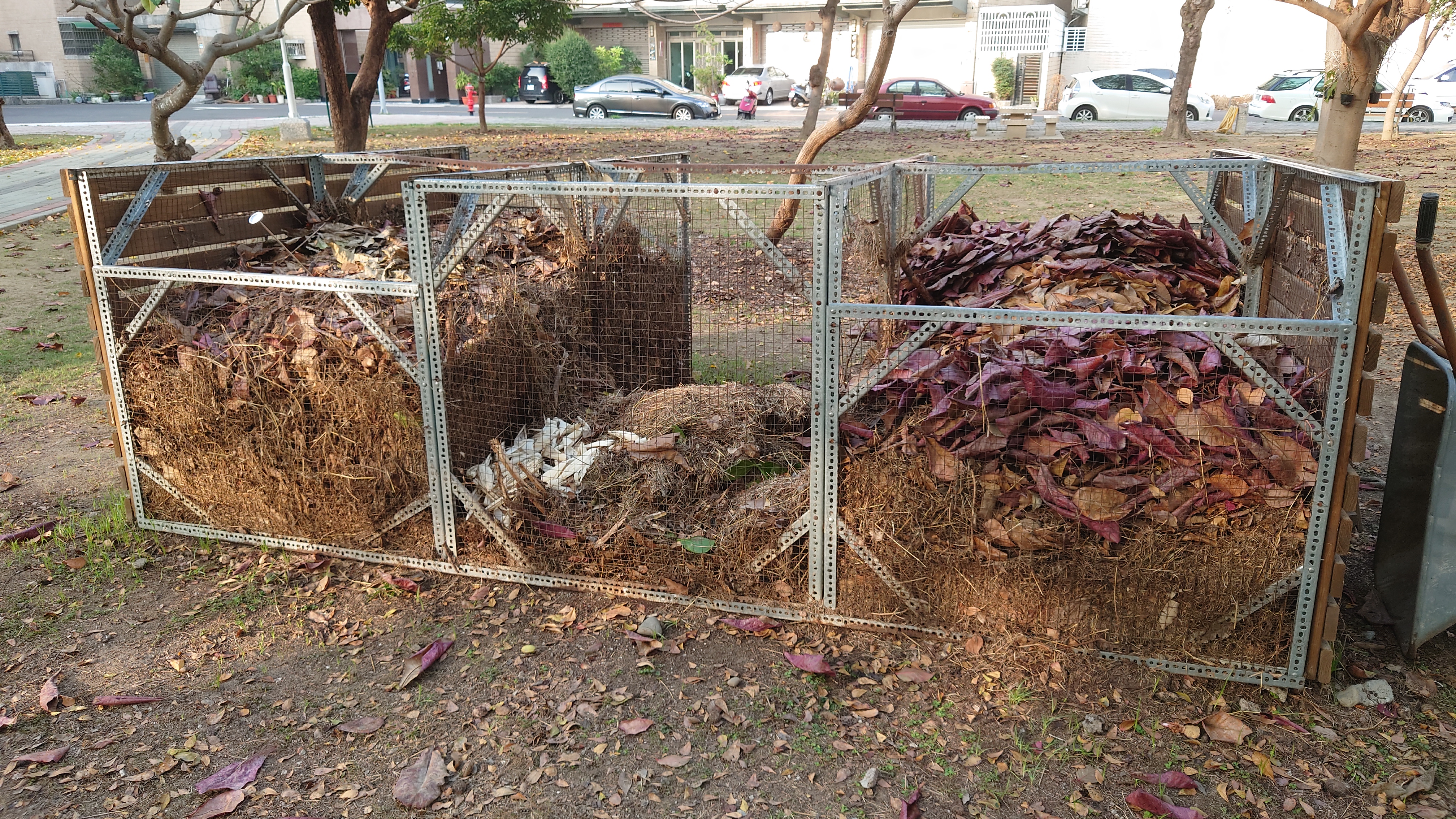Composting
0 readers
0 users here now
Anything related to composting, vermicomposting, bokashi, etc.
Ask any question, or show us your black gold or your family of wigglers!
founded 2 years ago
MODERATORS
1
2
3
4
5
6
7
8
9
10
11
12
13
14
15
16
17
18
19
20
22
23
24
25
view more: next ›

